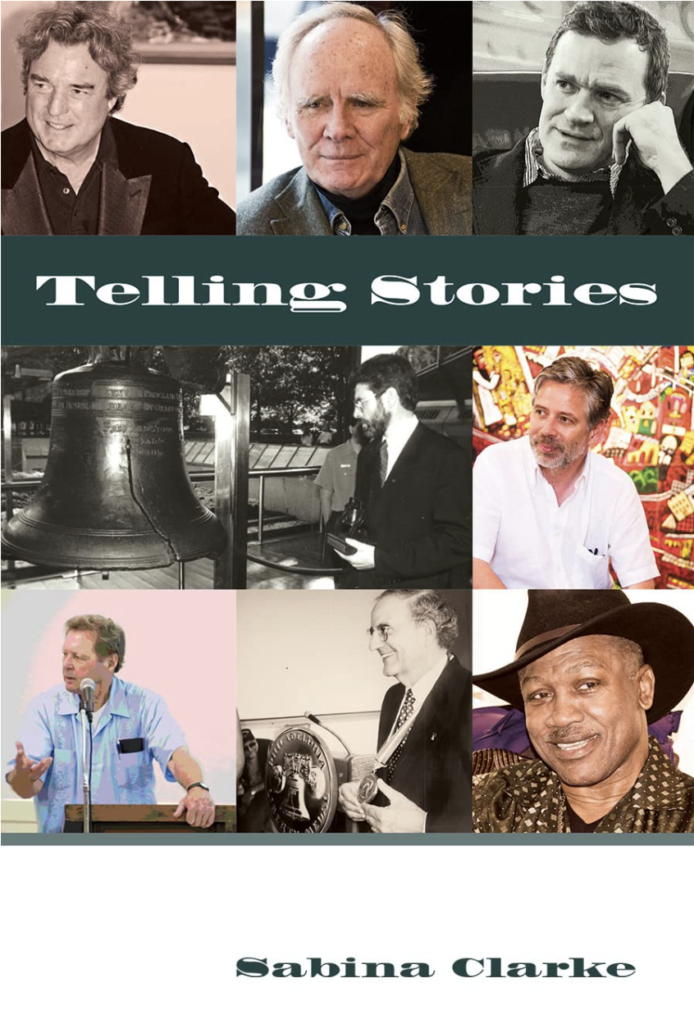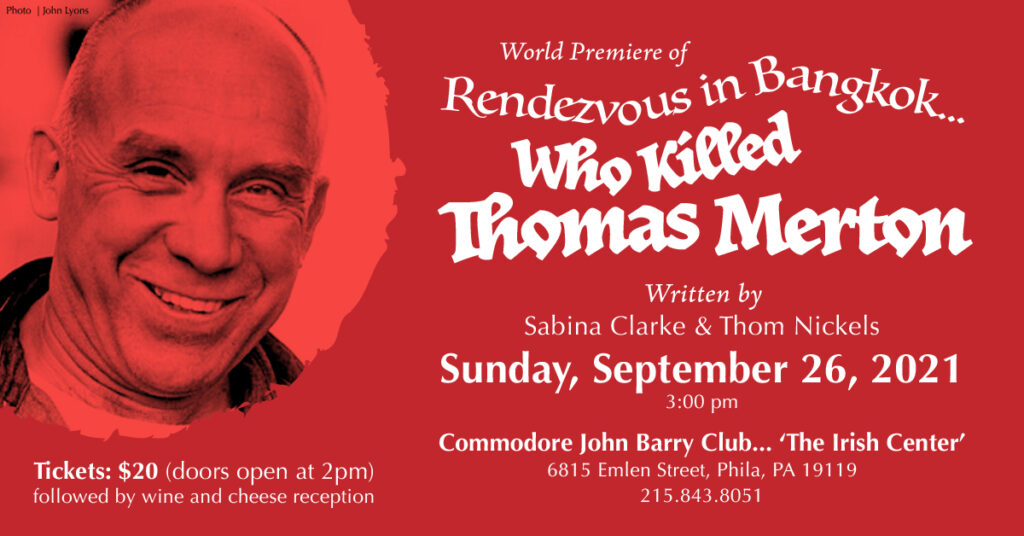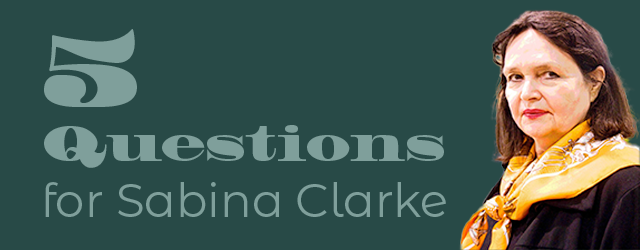Interviewed by Katharine Gilbert
1. Congratulations! Your book Telling Stories is out now and available on Amazon. Can you tell us how you feel about completing your book? And what’s next?

Mixed emotions—probably relief that it is over maybe a tinge of post-partum depression and of course gratitude that there is interest and that people have reacted with some enthusiasm. I would prefer to relax on the beach with a Pina colada…but soon will be collaborating again with my co-writer Thom Nickels. We will be adding a few new scenes and two or three new characters to the Merton play with the hope of staging it again in either September or October at a venue in Chestnut Hill—to be announced. Perhaps we can have pina coladas while we work and I won’t feel deprived.
2. There is a fine art to an interesting interview—one which captivates the reader and reveals something unusual—more than the expected. How do you find that topic or question and has it ever backfired?
It is important to establish trust, rapport and respect. I think that you need to meet the interviewee on a personal and professional level. From an early age, I was always coming home with stories about people which could be exasperating to the listener. This will give you an idea to the extent that I talked about almost everyone I was interested in—and there were so many personalities that captivated me. I recall an interview with Paul Murphy, the Northern Ireland Secretary of State on March 15, 2005 before he spoke at the World Affairs Council. I started off with a question that could have easily backfired: ‘What do you think of Gerry Adams and his contribution to the Peace Process?’ Later that day, at a reception for Adams at the Hyatt Hotel on the River, I told Adams what transpired and he laughed.
3. In your book, your interviews span the arts, sports, religion, politics…here and abroad. How did you decide what to include and why?
The litmus test is probably people who pursue the greater good—a worthy cause beyond themselves. These are the people I admire so much. Also people who are achievers in their field and people who give back to society. There is something unique about everyone I have interviewed—also there is always something newsworthy.
4. The times I have been present to photograph the interviewee, you seemed to have had an instant rapport with the person before you started the questions—how do you do that?
I really like the people I interview—there seems to be an instant connection because there is. I only pursue interviews with people I am genuinely interested in and the connection is mutual and instant because the interviewee can tell immediately if you are interested in them on a personal level as well as a professional level.
5. Your play Rendezvous in Bangkok…Who Killed Thomas Merton which you co-wrote with Thom Nickels was very well received last September and now your book Telling Stories is out…although seemingly unrelated…can you compare the process of writing in one form to the other? Is there a difference and why?

There is quite a big difference between the two forms of writing—particularly in the process. Obviously, when writing alone you are your own critic – so you wear two hats all through the process of a narrative. In playwriting with a collaborator, you both write dialogue solely and then come together to critique what you have written and you bounce ideas off each—so there is collaboration all through and it is important to work with someone with the same sensibilities. Writing a book—whether it is a collection of interviews or a novel, you are on your own. This can be daunting but also very satisfying because it is not to be taken lightly. You put yourself out there to be judged.


Excellent book. Highly recommended